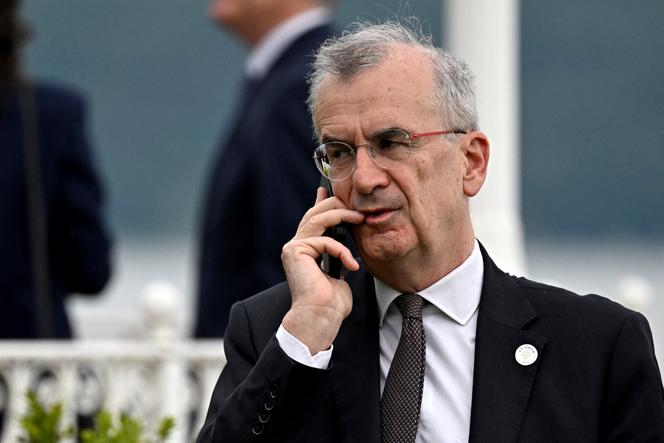


As soon as the press echoed it, Prime Minister Michel Barnier's suggestion of raising taxes sparked a wave of proposals on the left, caused turmoil on the right, upset Macron's camp and complicated his efforts to form a government. In response, Barnier released a statement intended to calm things down: "We are already the country with the highest tax burden," the new prime minister points out, without offering any further details.
The major outcry caused by this suggestion shows just how politically charged the issue of taxes is. For those in Macron's camp who want to remain in the government despite their election defeat, raising taxes is unthinkable as it contradicts their past actions. Caretaker Interior Minister Gérald Darmanin firmly stated on France 2 television on Wednesday, September 18, that "It's out of the question for us to join a government or support a government that raises taxes." Former prime minister Gabriel Attal, who's now president of Macron's Renaissance MPs in the Assemblée Nationale, told weekly Le Point that he "will fight (...) to protect the French from tax hikes."
"The massive reduction in taxes on businesses and households over the last seven years has been a key to our economic success, it has in part enabled the opening of new factories and the creation of over two million jobs," Charles Rodwell, Renaissance MP, told Le Monde. "It would be a mistake to call this supply-side policy into question." The conservative Les Républicains (LR) party also considers tax hikes a "red line," a stance reiterated on Wednesday by its vice president Valérie Boyer.
However, many economists and political leaders, including some on the right, believe that at least a temporary tax increase is unavoidable given the government's current financial situation. We need to "lift the taboo on tax hikes," argued the governor of the Bank of France, François Villeroy de Galhau, on Tuesday. In an interview with Le Parisien, he suggested "an exceptional and reasonable effort on certain large companies and large taxpayers."
Jean-François Husson, the budget rapporteur in the Sénat, acknowledged the "disaster in the public accounts" and suggested "perhaps [we may] have to accept a few unprecedented and temporary additional efforts" on the tax front. Husson, who recently distanced himself from LR, made these remarks to Agence France-Presse. Meanwhile, the far-right Rassemblement National opposes higher taxes but may consider supporting certain tax measures as long as they protect the middle class and small businesses.
You have 58.8% of this article left to read. The rest is for subscribers only.
